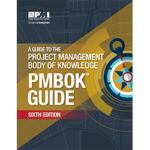
Most projects require some form of external purchasing (procurement) in order to meet their goals. Executing these procurements to fulfill the needs of the project falls under the knowledge area of Project Procurement Management. Contractors usually have better expertise or experience and can provide a higher quality product. But often they are not … [Read more...]









